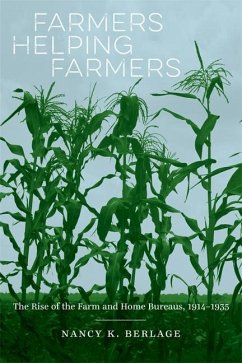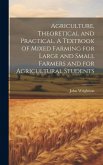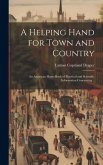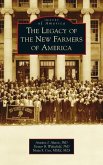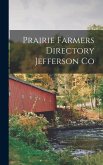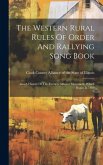One of the largest volunteer movements in the twentieth century, local farm and home bureau organizations have been woefully underrepresented in socio-political studies of the American Farm Bureau Federation. Nancy K. Berlage addresses this omission with an insightful look at how bureau members put university science to work in agricultural and rural life at the local level, even while industrialization, and urbanization profoundly shifted the landscape of labor in the U.S. In Farmers Helping Farmers, Berlage explores how bureaus served as the locus of science-based agriculture for rural communities. Drawing on community bonds and culturally powerful metaphors to overcome skepticism, bureaus played a critical role in circulating knowledge grounded in the new disciplines of agricultural economics, rural sociology, home economics, veterinary medicine, child science, and public health. Throughout the book, Berlage weaves a novel consideration of women's roles into the story of farm and home bureaus, noting that these organizations served as places where supporters could grapple with issues beyond farming practices such as child welfare, personal health, and gender ideals. They were also crucial in supporting the organization's underlying mission to strengthen community and family ties to the benefit of more efficient and productive farm. In addition to bureau documents, Berlage draws from cartoons, films, photographs, and personal correspondence, to add a human dimension this organizational history. The resultant analysis offers a fresh look at the local bureaus' social, economic, cultural, and political functions and book highlights the organizations' significant influence on American life in the early twentieth century.
Hinweis: Dieser Artikel kann nur an eine deutsche Lieferadresse ausgeliefert werden.
Hinweis: Dieser Artikel kann nur an eine deutsche Lieferadresse ausgeliefert werden.

